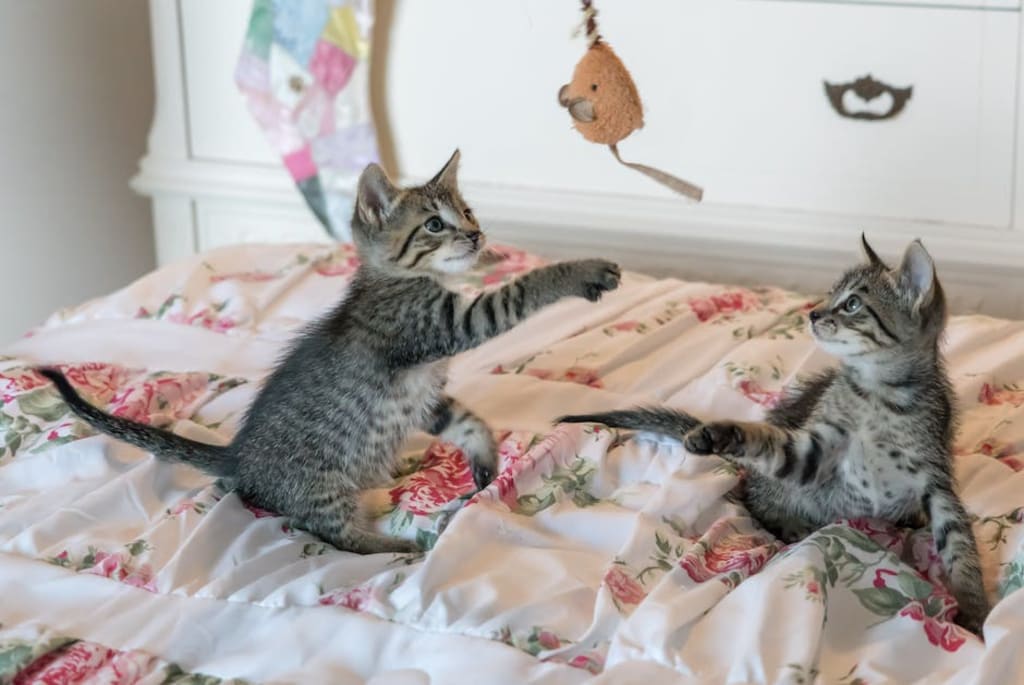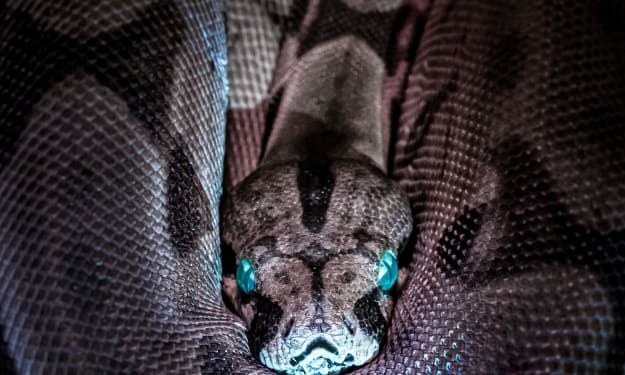How to keep your cat healthy and avoid common diseases
Understanding and Preventing common diseases for cats

Cats are often thought of as low-maintenance pets, but they still require some care and attention to stay healthy. A nutritious diet, regular exercise, and preventive vet care can help your cat avoid common diseases.
In this blog post, we'll discuss the importance of good nutrition for cats, common cat diseases, and tips for keeping your feline friend healthy. By following these simple tips, you can help your cat enjoy a long and healthy life.
The importance of good nutrition for cats.
A healthy diet is important for all animals, including cats. Good nutrition has many benefits for cats, including:
- improved digestion
- shiny coat and healthy skin
- increased energy levels
- stronger immune system
- reduced risk of disease
The risks of poor nutrition.
Poor nutrition can have several negative consequences for cats, including:
- digestive problems such as constipation or diarrhea
- dull coat and dry skin
- lack of energy and lethargy
- increased risk of disease and infection
- shorter life span
Cats that are not properly nourished are also more likely to develop behavioral problems.
Common cat diseases and how to avoid them.
Feline lower urinary tract disease (FLUTD) is a common condition that affects cats of all ages, though it is most often seen in middle-aged to senior cats. The condition can be acute or chronic and can range from mild to life-threatening. Symptoms of FLUTD include:
- Straining to urinate
- Blood in the urine
- Increased frequency of urination
- Urinating small amounts
- Lower abdominal pain
FLUTD is caused by several factors, including diet, stress, and genetics. While there is no one definitive cause, there are several things you can do to help prevent your cat from developing FLUTD:
- Feed a balanced diet: A diet high in protein and moisture helps keep the urine dilute and less likely to form crystals or stones. canned food or adding water to dry food can help increase your cat's water intake.
- Keep your cat hydrated: Make sure your cat has access to fresh, clean water at all times. Add water fountains or drip feeders if necessary to encourage your cat to drink more.
- Minimize stress: Stress can trigger an exacerbation of FLUTD symptoms, so try to create a calm environment for your cat and provide opportunities for enrichment and play.
- Take your cat to the vet regularly: Regular check-ups will allow your vet to catch any potential problems early and provide treatment if necessary.
Tips for keeping your cat healthy.
A healthy diet is important for cats of all ages. A kitten's diet should contain more protein than an adult cat's diet. Kittens need more protein to support their rapid growth. Adult cats need less protein and more fat. Fat provides energy and essential fatty acids, which help keep the coat healthy.
Cats are obligate carnivores, which means that they require animal-based proteins to meet their nutritional needs. Animal proteins contain all of the essential amino acids that cats need to maintain muscle mass and other body functions.
Most commercial cat foods are complete and balanced, which means that they provide all of the nutrients that cats need in the right proportions. However, it's important to read pet food labels carefully and choose a product that is appropriate for your cat's life stage and health condition. For example, foods formulated for kittens or seniors may be better choices for some cats than those made for adult animals.
Canned food generally contains more protein than dry food, but both types can be part of a healthy diet as long as they're complete and balanced formulations. Some cats prefer canned food, while others prefer dry food or a combination of both. Talk to your veterinarian about which type of food is best for your cat.
Exercise and play
Exercise is important for maintaining a healthy weight, improving joint health, and preventing diabetes in cats. Just like people, some cats are naturally more active than others, but all cats benefit from regular exercise and playtime with their owners.
There are a variety of ways to provide exercise for your cat. One way is to invest in some cat toys, such as a scratching post, toy mouse, or feathers on a string. You can also create your DIY cat toys using simple household items. For example, you can tie a piece of string to a cardboard box and watch your kitty pounce and swat at it.
Another way to provide exercise for your cat is to set up an obstacle course in your home using furniture, boxes, and tunnels. Encourage your cat to run through the course by playing with them yourself or offering treats as rewards.
Regular vet check-ups
Cats should see a veterinarian at least once a year for a routine physical exam. This is important for the early detection and treatment of diseases and other health problems. During the exam, the veterinarian will check the cat's weight, temperature, heart rate, and respiratory rate. They will also listen to the heart and lungs with a stethoscope and feel the abdomen for any signs of pain or masses. The veterinarian will also examine the eyes, ears, mouth, skin, and coat for any abnormalities.
Vaccinations are an important part of preventive health care for cats. Cats should be vaccinated against common diseases, such as rabies, feline panleukopenia virus (FPV), and feline herpesvirus type 1 (FHV-1). These diseases are potentially fatal and can be easily prevented with vaccines.
The veterinarian will also discuss parasite prevention with you. Cats can get parasites, such as fleas, ticks, and ear mites, which can cause a variety of problems, including skin irritation, anemia, and infections. There are a variety of products available to prevent these parasites, such as spot-on treatments, oral medications, and collars. Your veterinarian can help you choose the best product for your cat based on its lifestyle and risk factors.
Conclusion
It is important to keep your cat healthy to avoid common diseases. A healthy diet is crucial for cats, and exercise and play are also important. Regular vet check-ups can help catch problems early.
About the Creator
Abdul Quadir
Animal enthusiast and devoted pet lover with a deep understanding of pet behavior and needs. Dedicated to providing the best care and love for all furry friends. Always looking to learn more and improve the lives of pets.





Comments
There are no comments for this story
Be the first to respond and start the conversation.